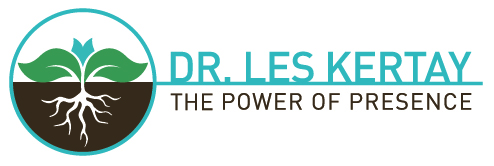Yesterday Trump tweeted to his followers, “always remember this day.” It may be one of the few things on which we agree.
Mostly what I heard, and read, in response was outrage. Outrage that an election was “stolen,” or outrage that it’s not obvious it wasn’t. Outrage that vandals, radicals, and thugs (Those words sound different applied to white people, don’t they?), ginned up by the president, marched to the Capitol, broke in, terrorized the place, and interrupted the certification of the Electoral College vote. Outrage asserting that it wasn’t really Trump supporters who stormed the Capitol but rather bussed-in Antifa. Outrage that there was no overwhelming show of force like that used to clear Lafayette Square of mostly peaceful protesters who were outraged by yet one more killing of a black person? Of course, then there’s the outrage of the people who will be outraged that I would say such a thing.
I am definitely right there, outraged with everyone else. Anger burns hot.
And yet the most interesting feeling of today isn’t the anger at yet one more assault on our sensibilities. Truth be told, I’m sick of outrage. I’m worn out. More interesting to me is the bone-weary sadness I feel. My heart is broken.

2021 is the 70th anniversary of the year that my parents came to the United States, two years before I was born. They came from Hungary, my father speaking not a word of English; my mother a bare few. They came with my brother and sister in tow, then 5 and 3 years old, and with nothing else but a few prized possessions, their brains and training. Mostly, they came with the conviction that they could build a better life here. Build it they did, a life that eventually gave us all opportunities that I’ve too often taking for granted.
Sadly, there’s an underbelly to this “immigrants made good” story that I can’t ignore: My family wasn’t especially welcome, particularly when we spoke another language or looked “different.” But in the end, we were white, and educated, and my father’s accent was ultimately quaint rather than a cause for ridicule. I know a little about being the child of immigrants, but we were “good immigrants,” as some call it, and by which they mean that we were white.
That thought is heartbreaking enough, but the thing over which I’m saddest as I write is the lost innocence of their simple dream. My mother more than once said to me, “you are the only one who could be President.” My smart-assed teenage reaction was, under my breath, “yeah, and I’m the only one smart enough to not want the job.” But after a long time digesting her words I realize that what I thought was the burden they foisted on me was really the embodiment of their hopes. That was why they came. No, my parents were neither heroes nor saints, and their many flaws have been the subject of more than one therapy session. But of this one thing I am certain: they believed in a better life, and they wanted that better life for me.
I’ll remember this day because my real sorrow as I watched the chaos unfold was that I found myself thinking again and again, I’m glad dad didn’t live to see it.
Dr Les Kertay



